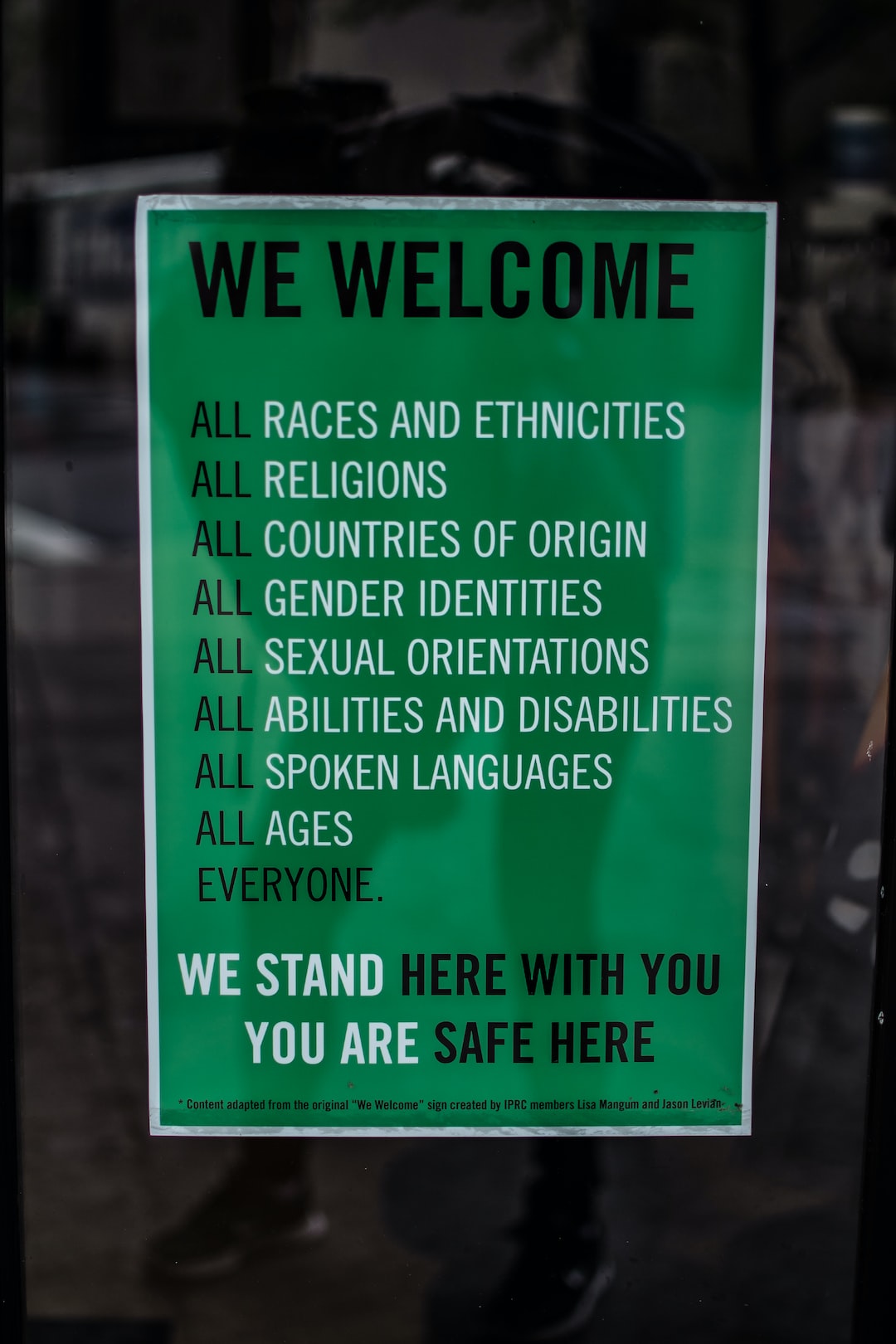Introduction
Table of Contents
If you’ve ever considered learning a new language, you might feel a bit intimidated by the thought, particularly when your time is limited. Nevertheless, the challenge of learning a language in just 30 days can be an inspiring and fulfilling journey. In this article, we aim to shed light on the significance of language learning in terms of personal and professional development. Also, we aim to provide a detailed guide on how to effectively learn a language in a brief period of time. Whether you’re planning an overseas trip or want to enhance your skills, gaining a new language proficiency is a worthwhile investment. So, let’s kick-start your journey into the universe of language learning!
Understanding Language Learning
How Languages Are Learned
Before we dig into the strategies and techniques to learn a language in 30 days, it’s crucial to grasp how languages are generally learned. The learning process involves a mix of cognitive processes, immersion, practice, and exposure to the language you’re learning. Whether you’re a visual or auditory learner, recognizing your learning style can help you modify your study methods and maximize your language learning efficiency.
Importance of Consistency and Regular Practice
Doing something consistently and practicing regularly are vital to attaining success in learning a language, particularly when your timeframe is limited. By devoting a certain amount of time every day to studying the language, you can build a strong base and ensure a steady progress. Embrace a growth mindset and enjoy the journey of learning as the acquisition of language is a lifelong process. If you’re dedicated and disciplined, you indeed can achieve exceptional results within 30 days.

Choosing the Right Language
Factors Influencing the Choice of Language
When you start your journey of language learning, it’s critical to pick a language that aligns with your interests and goals. Think about factors like the relevance of the language to your life, both personal and professional, the simplicity of learning it based on your mother tongue, and the accessibility of learning resources. By selecting a language that you’re excited about and motivates you, you’re more likely to stay committed and enjoy the learning experience.
Popular Languages to Learn
While the choice of a language ultimately comes down to your individual needs and interests, certain languages are widely recognized as rewarding to learn. Languages such as Spanish, Mandarin Chinese, French, German, and Arabic offer numerous opportunities for personal and professional advancement. These languages are spoken by millions around the world, and learning them can open doors to new cultures, business opportunities, and travel experiences. Keep your interests and ambitions in mind while choosing a language to learn within a 30-day timeframe.
Resource Collection
Online Language Learning Platforms and Apps
We live in a digital era where there’s an array of online language learning platforms and apps specially designed to facilitate language learning. Platforms like Duolingo, Babbel, and Rosetta Stone offer interactive lessons, vocabulary drills, and pronunciation exercises, providing flexibility and convenience, and allowing you to learn at your own speed and keep track of your progress. Moreover, many of these platforms offer a fun game-like learning experience making the process enjoyable and engaging.
Books and Printed Material
Even though online resources are valuable, it’s also beneficial to incorporate traditional learning materials into your language learning journey. Books, textbooks, and workbooks can offer a structured approach to language learning, providing thorough grammar explanations, vocabulary lists, and practice exercises. Make the most of language learning books and printed resources to deepen your understanding of the language and strengthen your skills.
Audio and Visual Resources
Exposing yourself to the sounds and sights of the target language is vital for developing listening and speaking skills. Use audio resources like podcasts, music, and language learning CDs to familiarize yourself with native speakers and authentic conversations. Visual resources such as movies, TV shows, and online videos can enhance your comprehension and cultural awareness. By incorporating these audio and visual resources into your learning routine, you will not only improve your language competencies but also make the learning process more enjoyable.

Consistency is vital when you’re trying to learn a language in 30 days. Set up a daily learning routine where you dedicate a specific time for language study. Create a routine that suits you, whether it’s early in the morning, during lunch breaks, or in the evenings. Break down your study session into manageable parts, focusing on different language skills such as listening, speaking, reading, and writing. By incorporating language learning into your daily routine, you’ll achieve significant progress within your limited timeframe.
Active Engagement in Learning
Practicing Speaking and Listening Skills
Speaking and listening skills are critical components of language learning. To improve your speaking skills, engage in conversations with native speakers, language exchange partners, or language tutors. Practicing speaking aloud, even when alone, can also help improve your pronunciation and fluency. Listening to native speakers through podcasts, music, or movies will enhance your comprehension and train your ear to recognize different accents and nuances. By actively engaging in speaking and listening exercises, you’ll develop confidence and proficiency in the language.
Reading and Writing Exercises
Reading and writing tasks are excellent ways to enlarge your vocabulary, enhance your grammar skills, and reinforce your understanding of the language’s structure. Read books, newspapers, articles, or online blogs in the target language to expose yourself to different writing styles and topics. Write short essays, journal entries, or even language learning blogs to practice your writing skills. These activities will help you internalize the structure of the language and improve your overall language proficiency.

Tracking Progress and Maintaining Consistency
Measuring Learning Progress
Monitoring your language learning progress is important to stay motivated and identify areas that need improvement. Set specific goals for each week or milestone within the 30-day timeframe. Use language proficiency tests, online quizzes, or even self-assessments to evaluate your progress. Document your achievements, whether it’s mastering a certain number of vocabulary words or successfully holding a conversation in the target language. Recognizing your progress will keep you motivated and focused on your language learning goals.
Staying Motivated throughout the Learning Process
Learning a language in 30 days demands commitment and persistence. To stay motivated, set realistic expectations and celebrate small victories along the way. Find a language learning community or language exchange group to connect with fellow learners and share experiences. Consider rewarding yourself with small treats or incentives for achieving specific milestones. Remind yourself of the reasons why you embarked on this language learning journey and the benefits it will bring to your personal and professional life.
Practical Tips and Tricks
Learning with a Language Buddy
Learning a language with a partner or language buddy can significantly improve your learning experience. Find someone who shares your language learning goals and arrange regular study sessions or conversation practice. Engaging in dialogues, role-plays, or language games with a language buddy will not only make learning more enjoyable but also provide opportunities for actual language usage.
Easily Confused Words and Phrases
Many languages consist of words or phrases that can be easily confused due to their similar pronunciation or spelling. Make a list of commonly confused words and phrases in the target language and practice distinguishing between them. Pay attention to the nuances in meaning and context to ensure your language usage is accurate. By proactively dealing with these potential pitfalls, you’ll avoid common language mistakes and communicate more effectively.
Embracing Mistakes as a Part of Learning
Making mistakes is part of the language learning journey, and that’s absolutely fine! In fact, making mistakes is an essential part the learning process. Embrace these errors as learning opportunities and approach them with a growth mindset. Learn from your mistakes, seek feedback from native speakers or language tutors, and use them as stepping stones towards language fluency. Remember, every mistake is a stepping stone that brings you closer to mastery.

Conclusion
Learning a language in a brief period of just 30 days is challenging yet achievable. Through understanding the process of language learning, selecting an appropriate language, gathering the necessary resources, planning your learning timetable, actively taking part in learning activities, tracking your progress, and employing useful tips and tricks, you can make noticeable progress within a limited timeframe. Mastering a new language opens doors to new cultures, opportunities, and personal growth. Start your language learning journey today and experience the transformative power of language learning.
Remember, learning a language is a perpetual journey, and the 30-day challenge is just the commencement. Stay dedicated, continue practicing, and explore new horizons. The world of languages is waiting for you! As part of your ongoing learning process, consider engaging in language exchanges with native speakers. This practice provides practical experience, boosts nuances understanding, and enhances listening and speaking skills. Websites like Language Exchange Community can facilitate these exchanges.
Begin your language learning journey today and see where it will take you. Bon voyage!